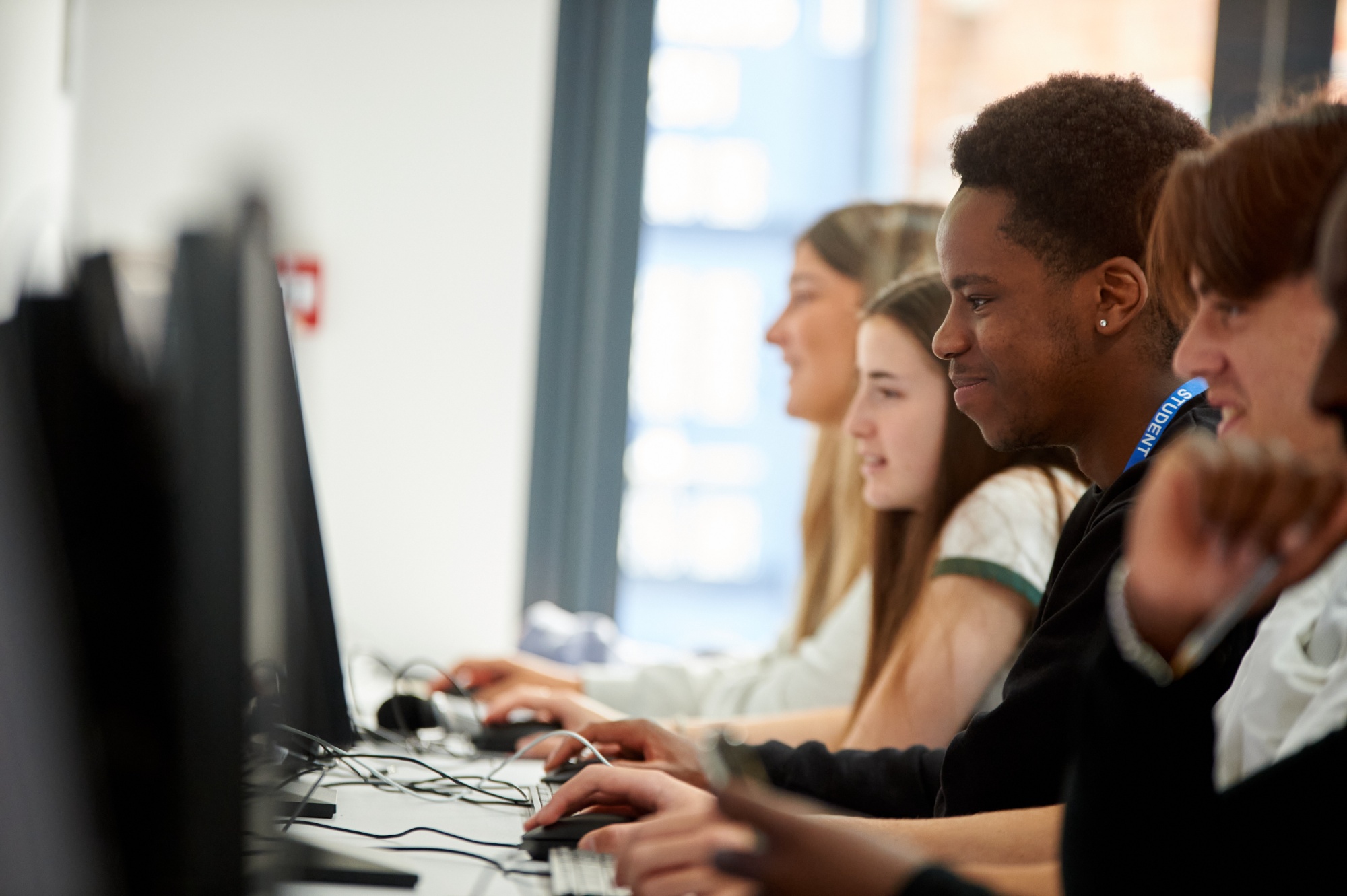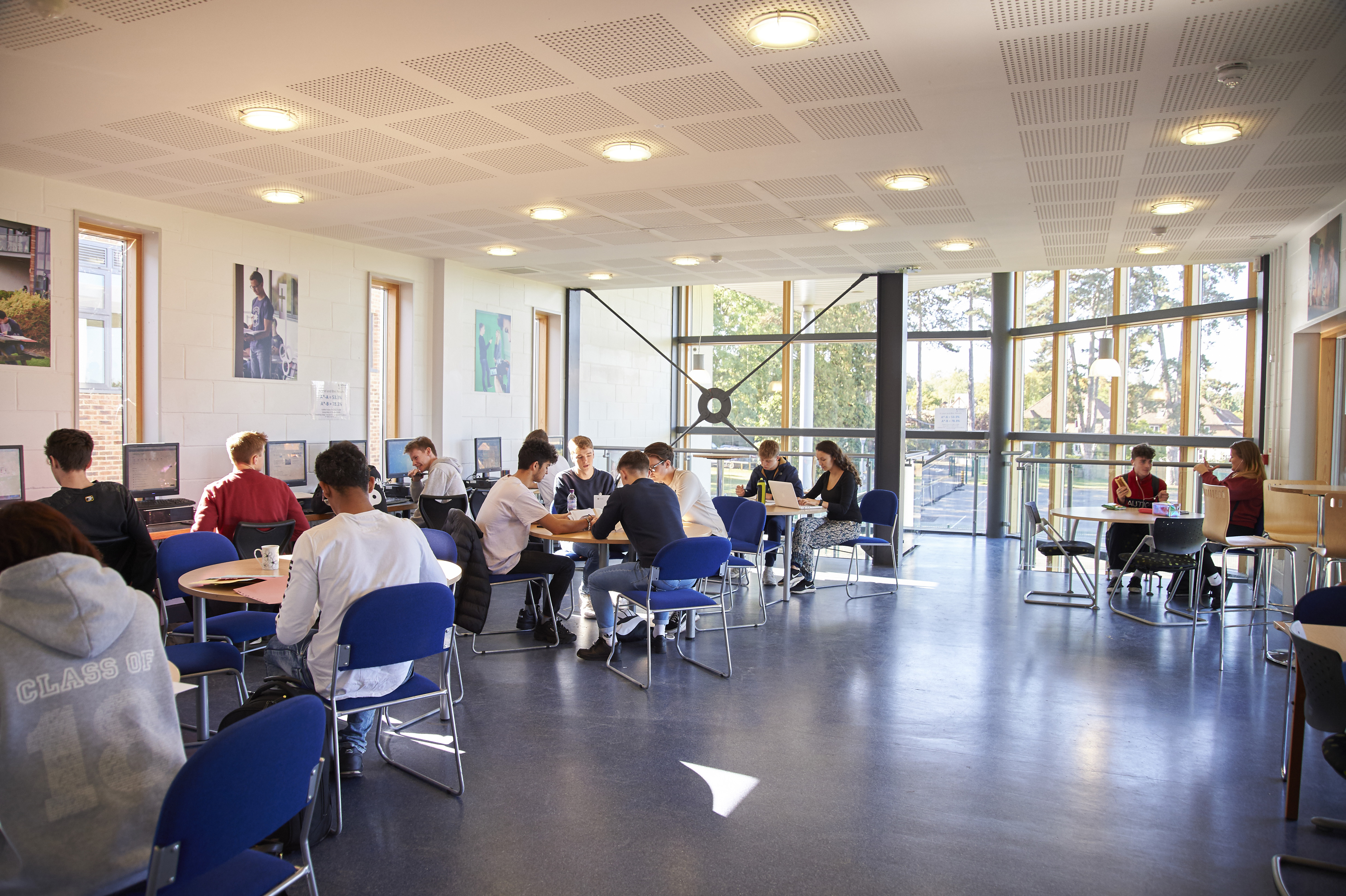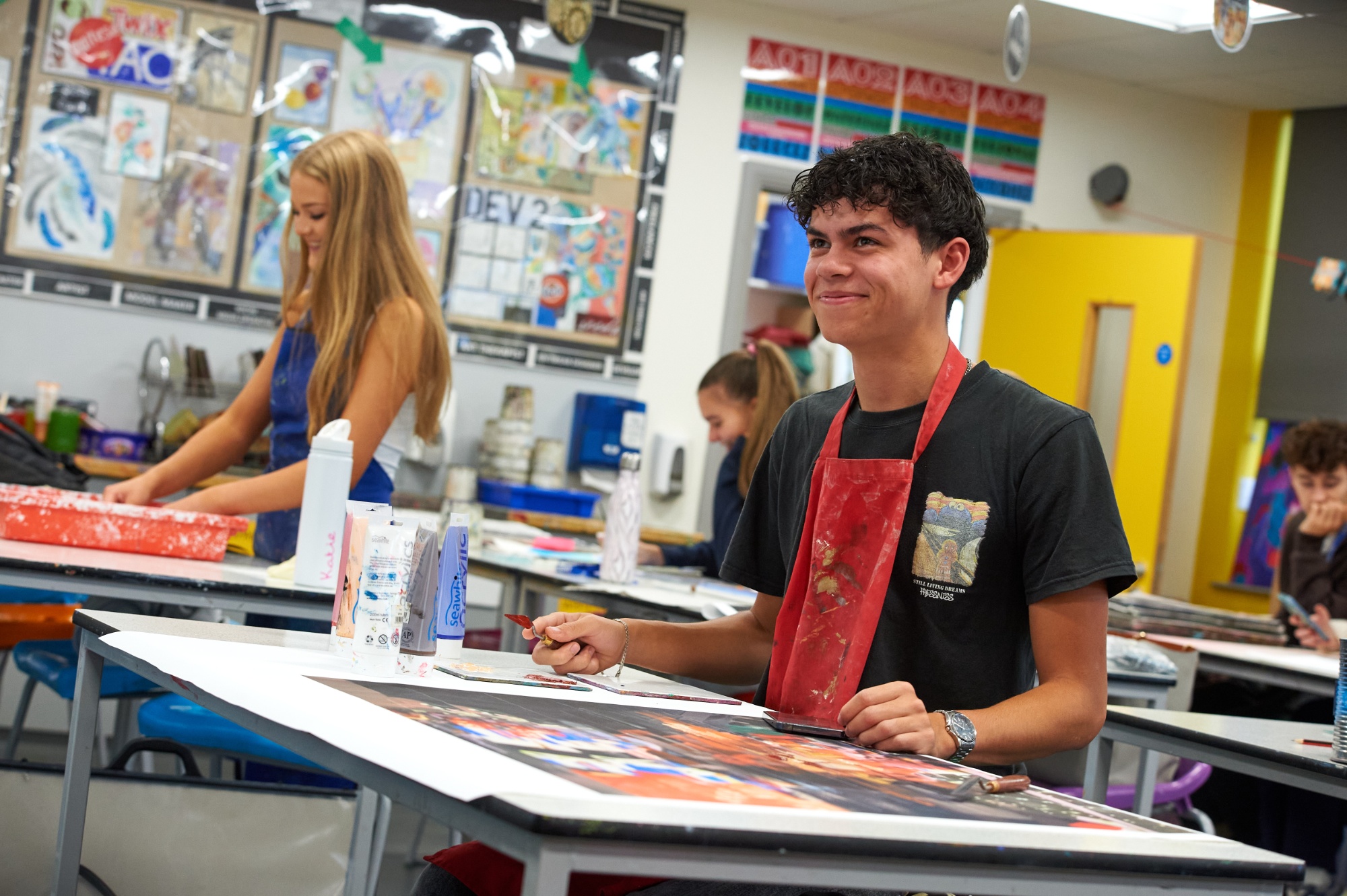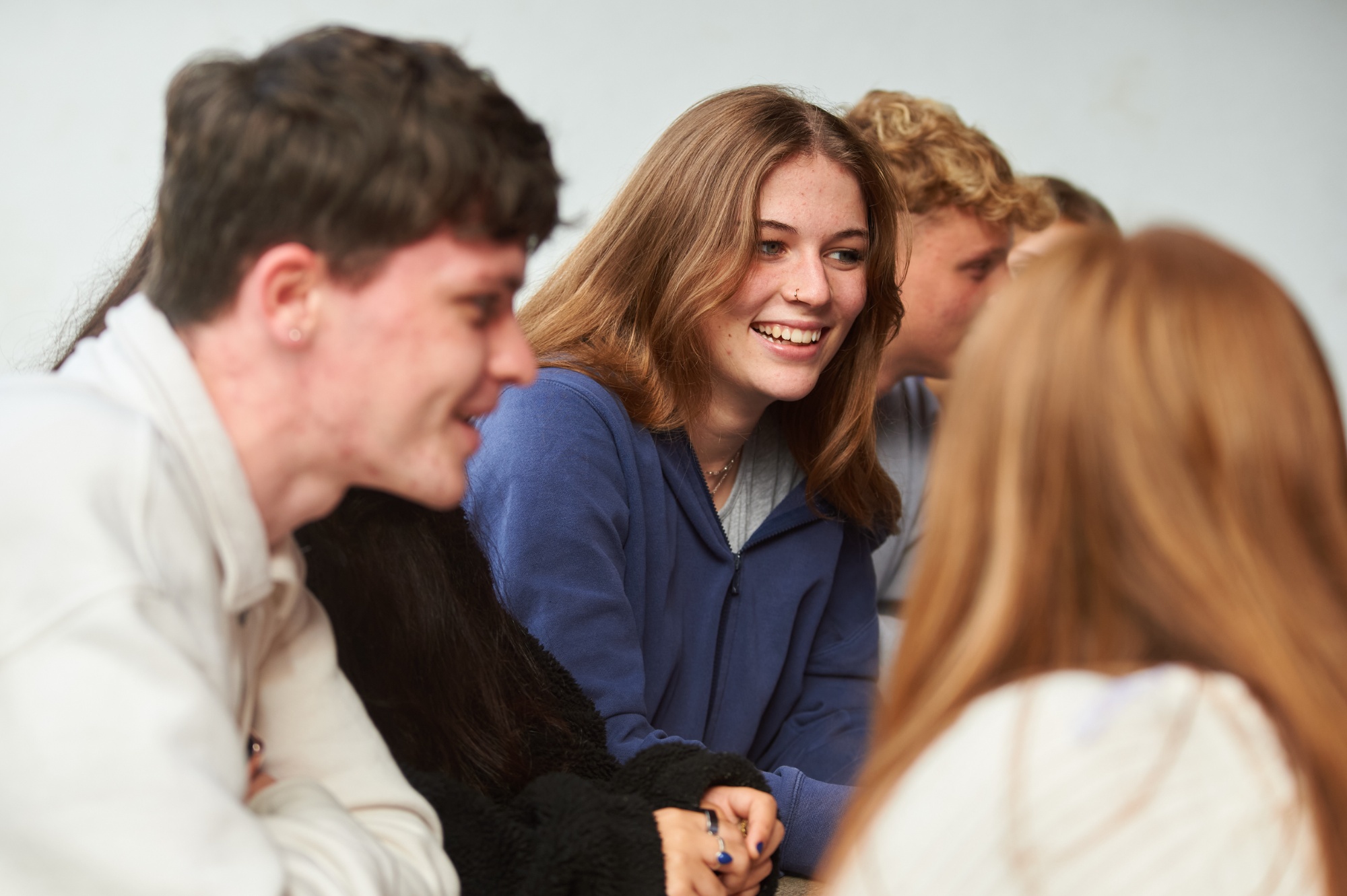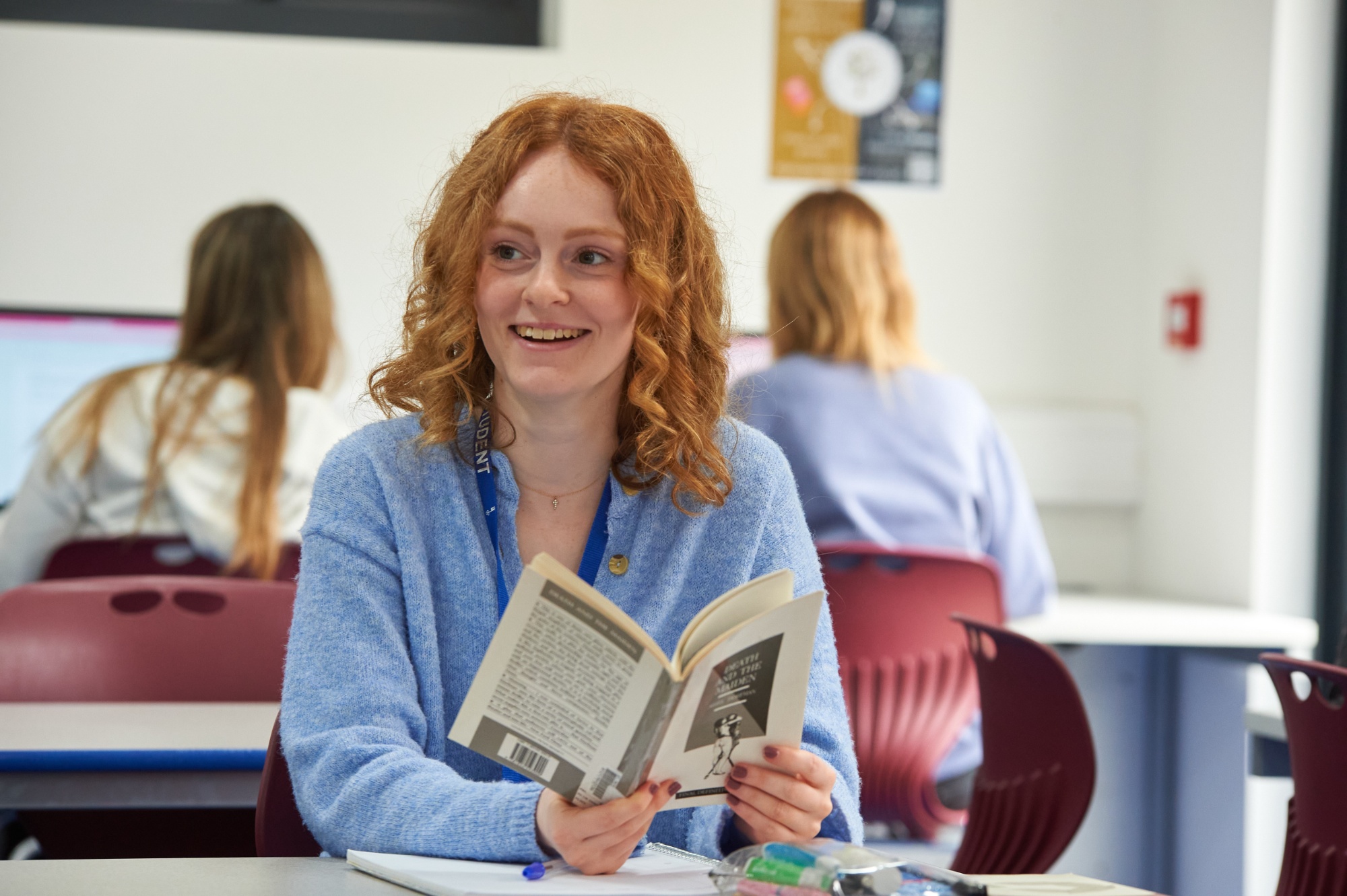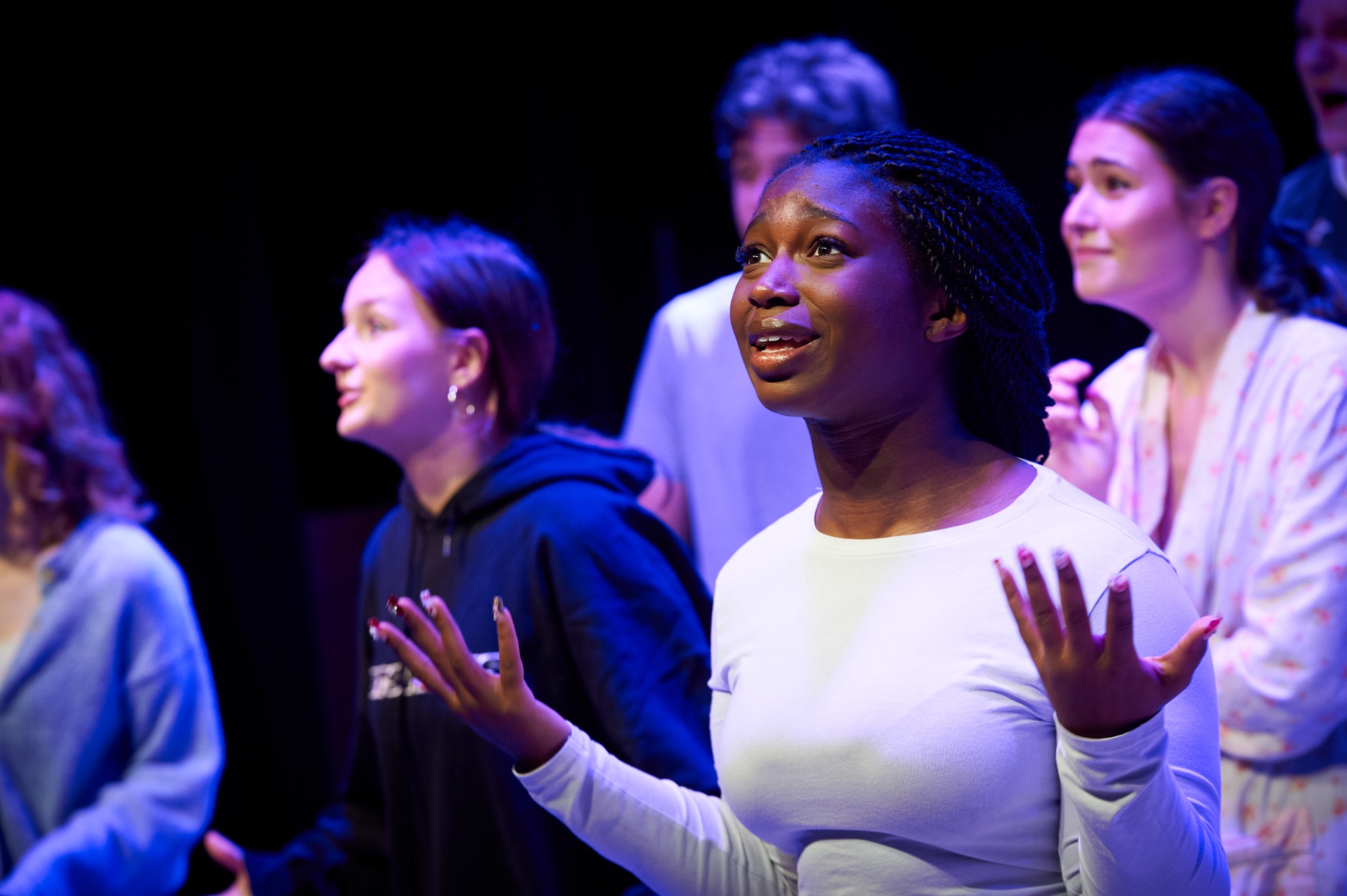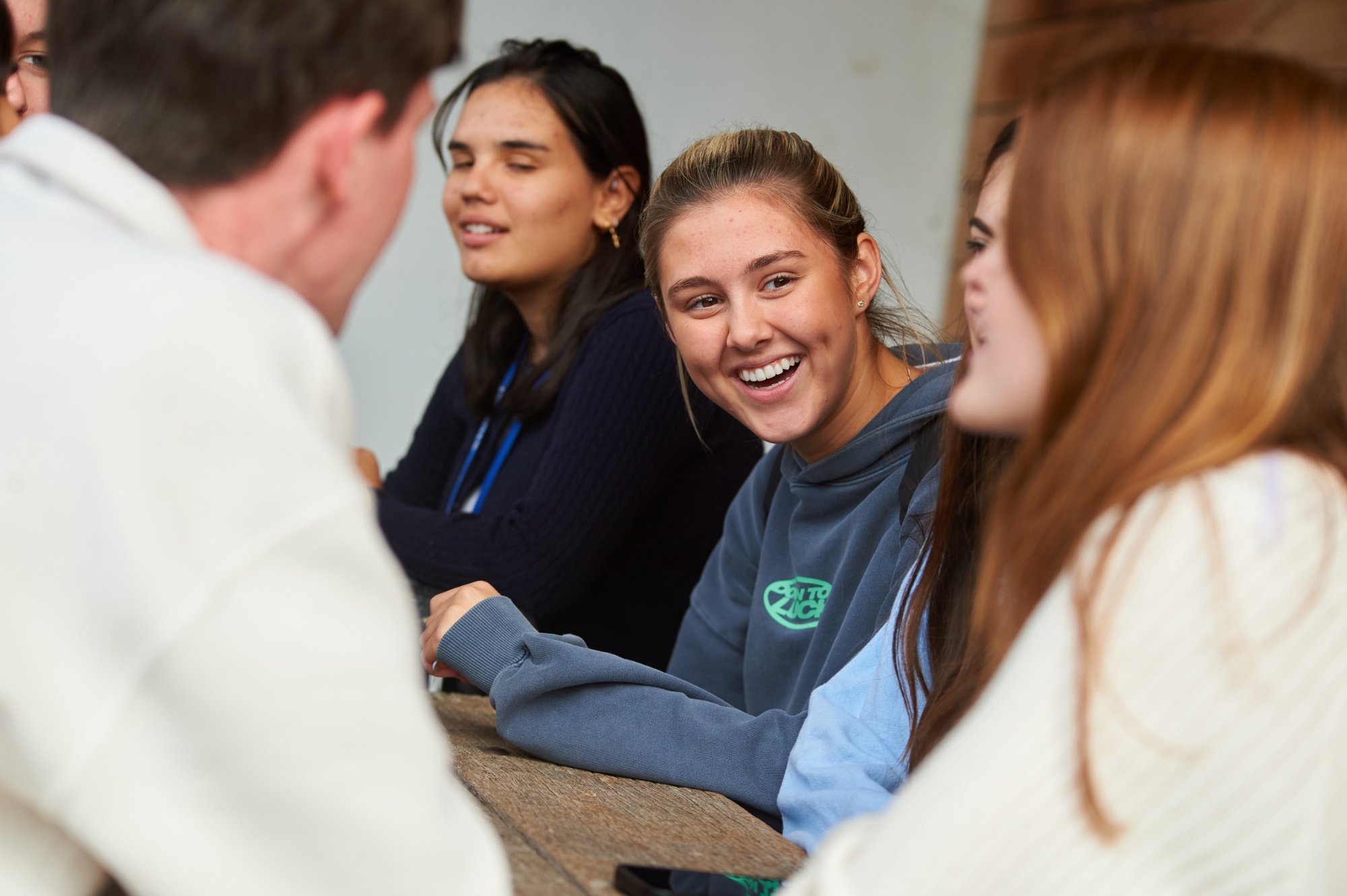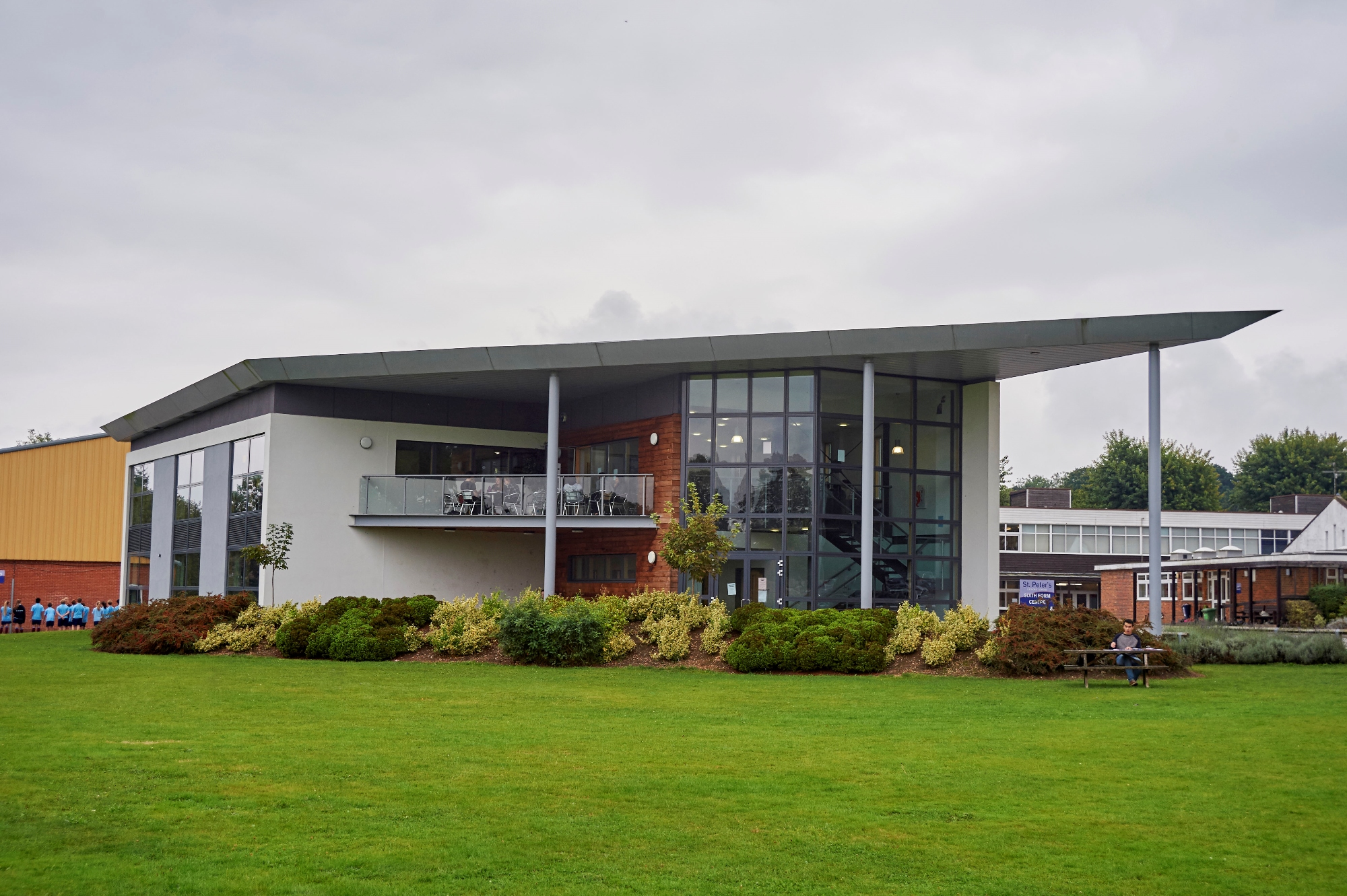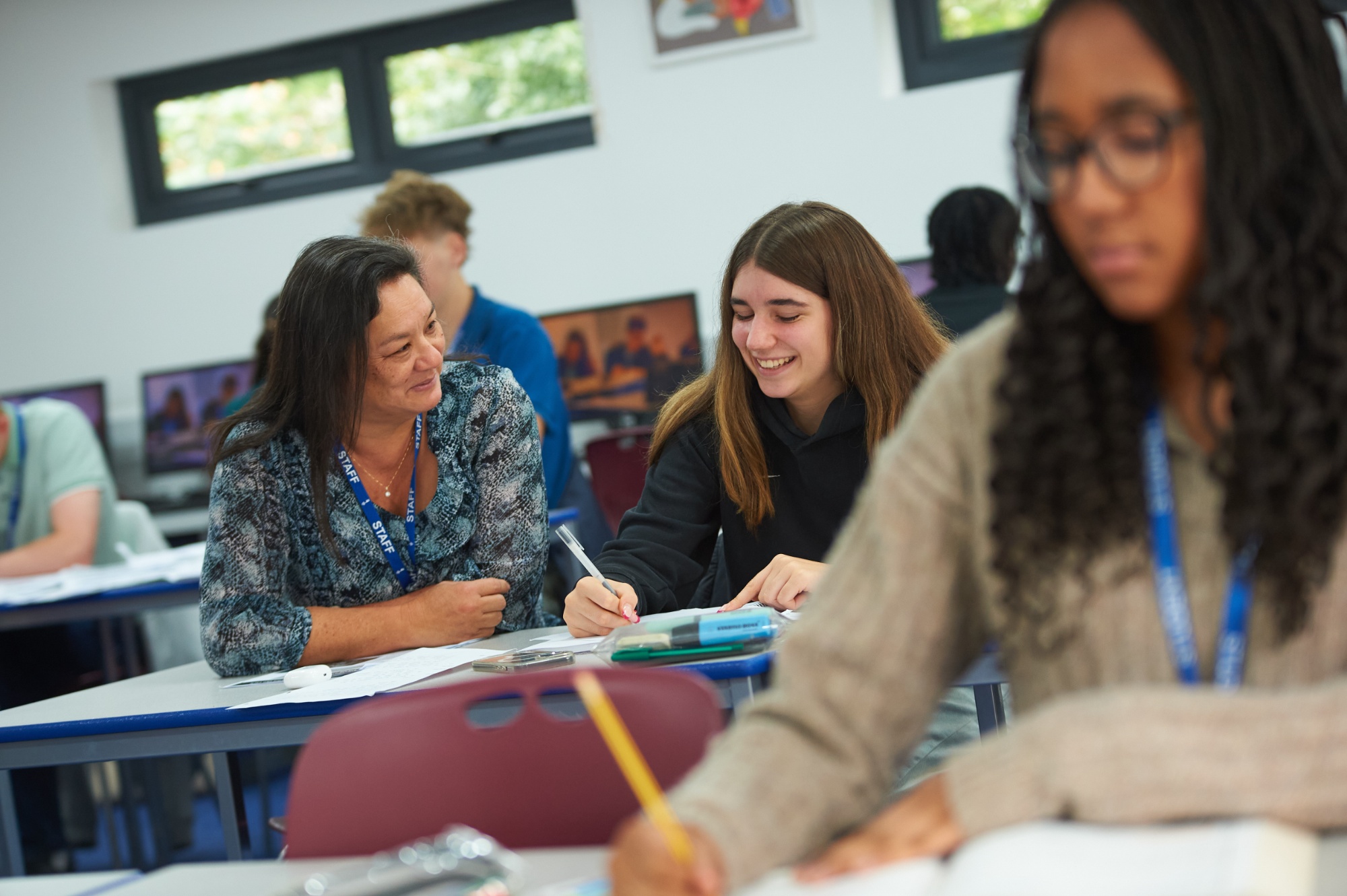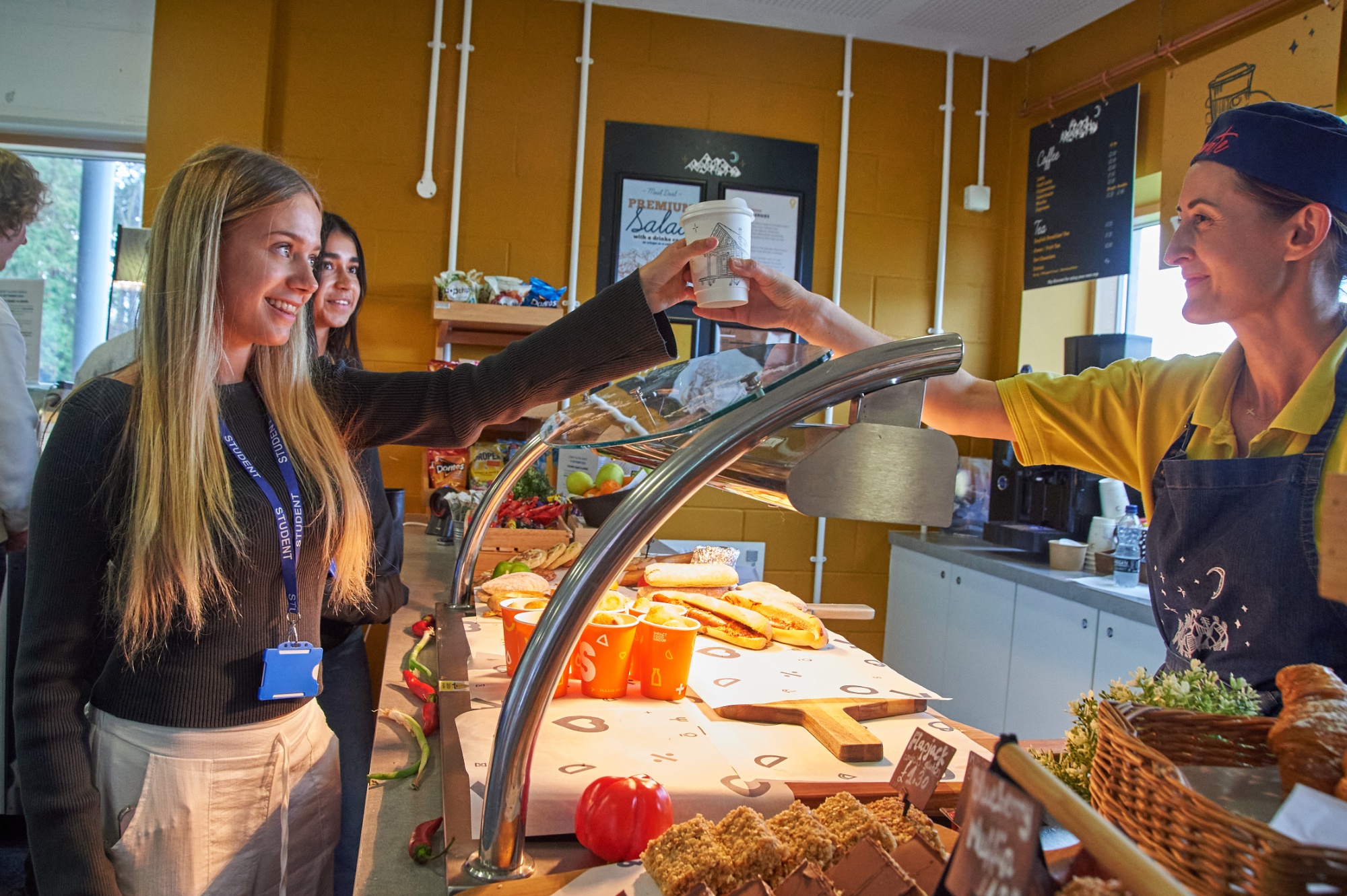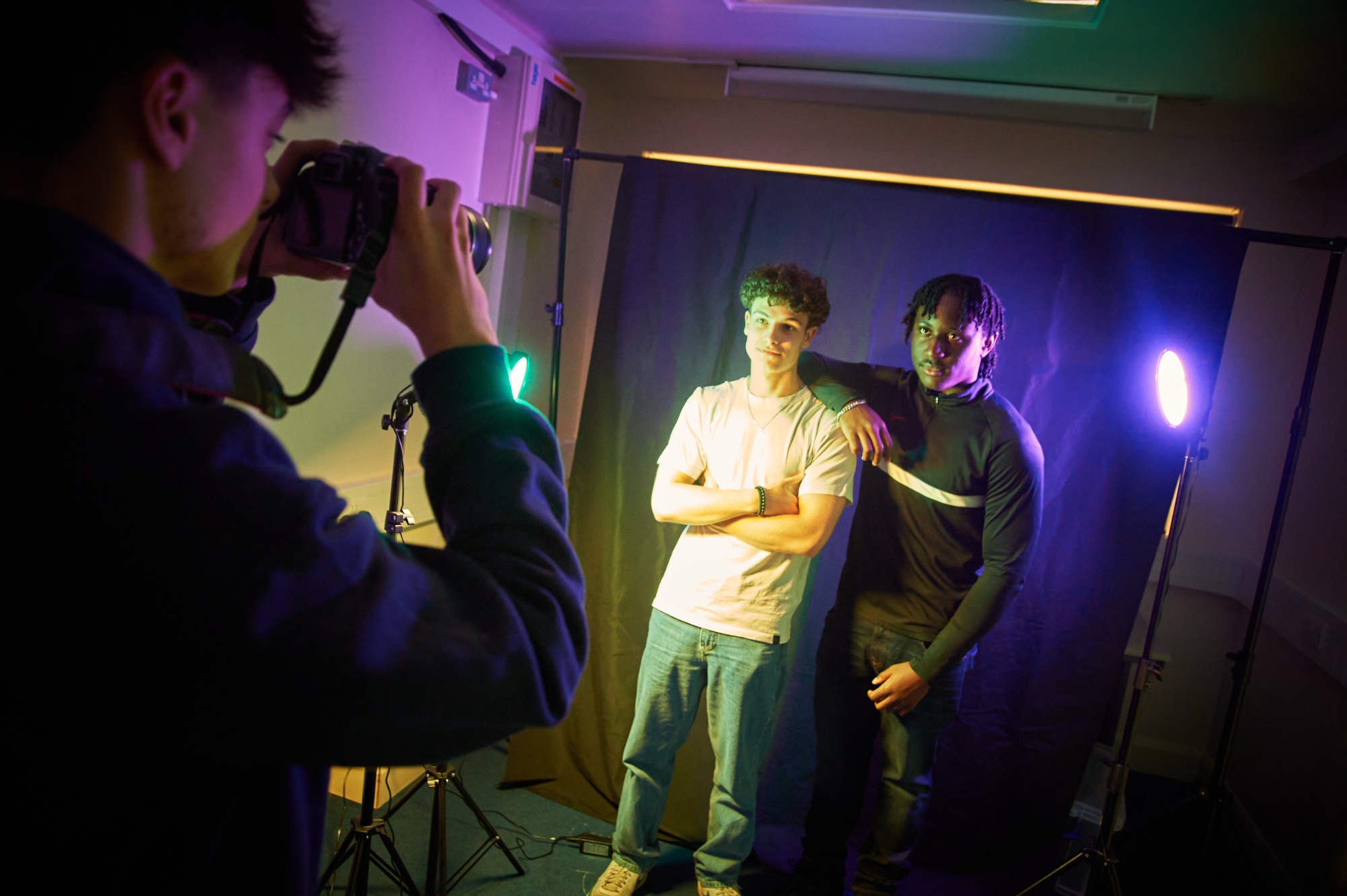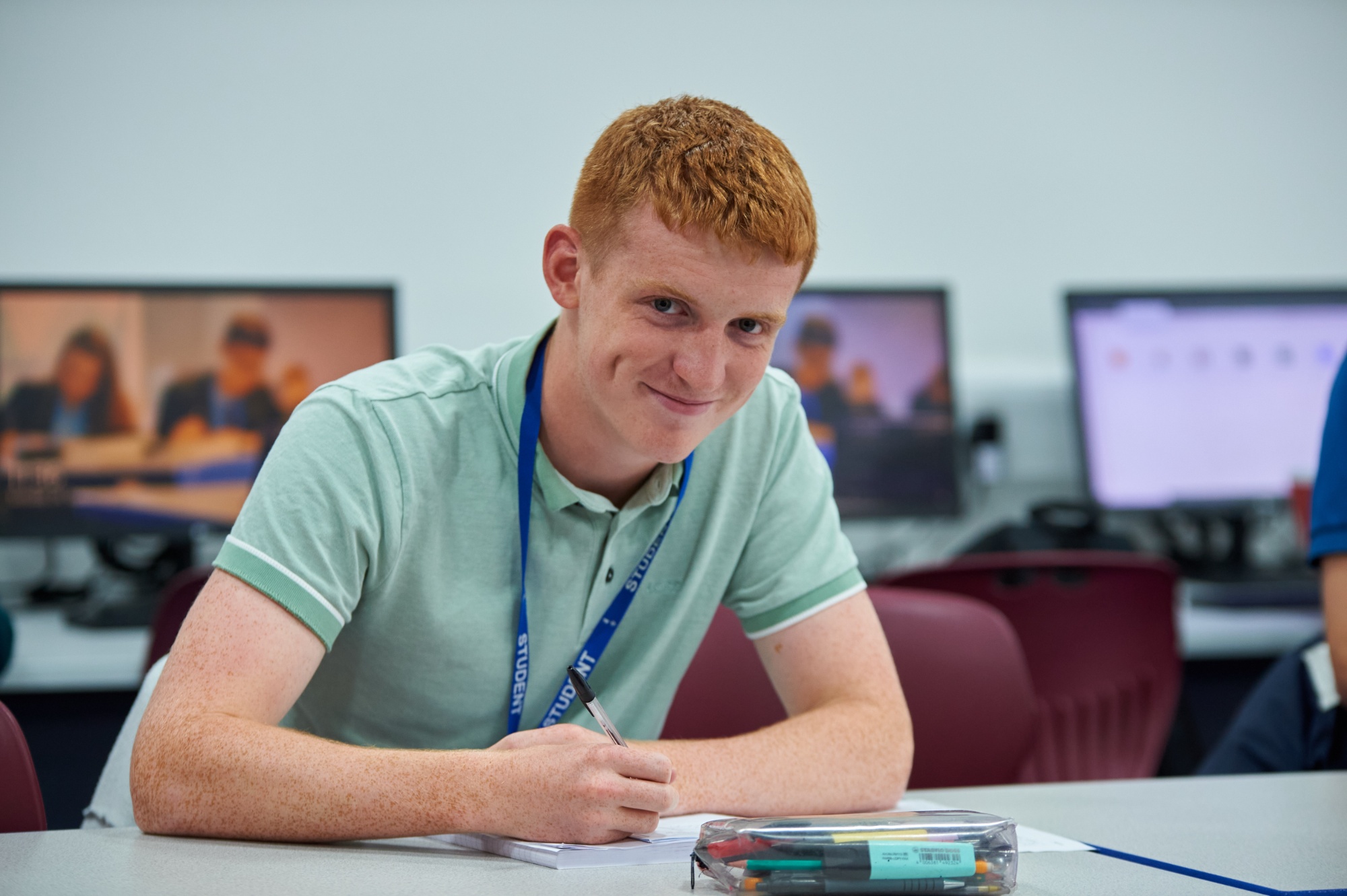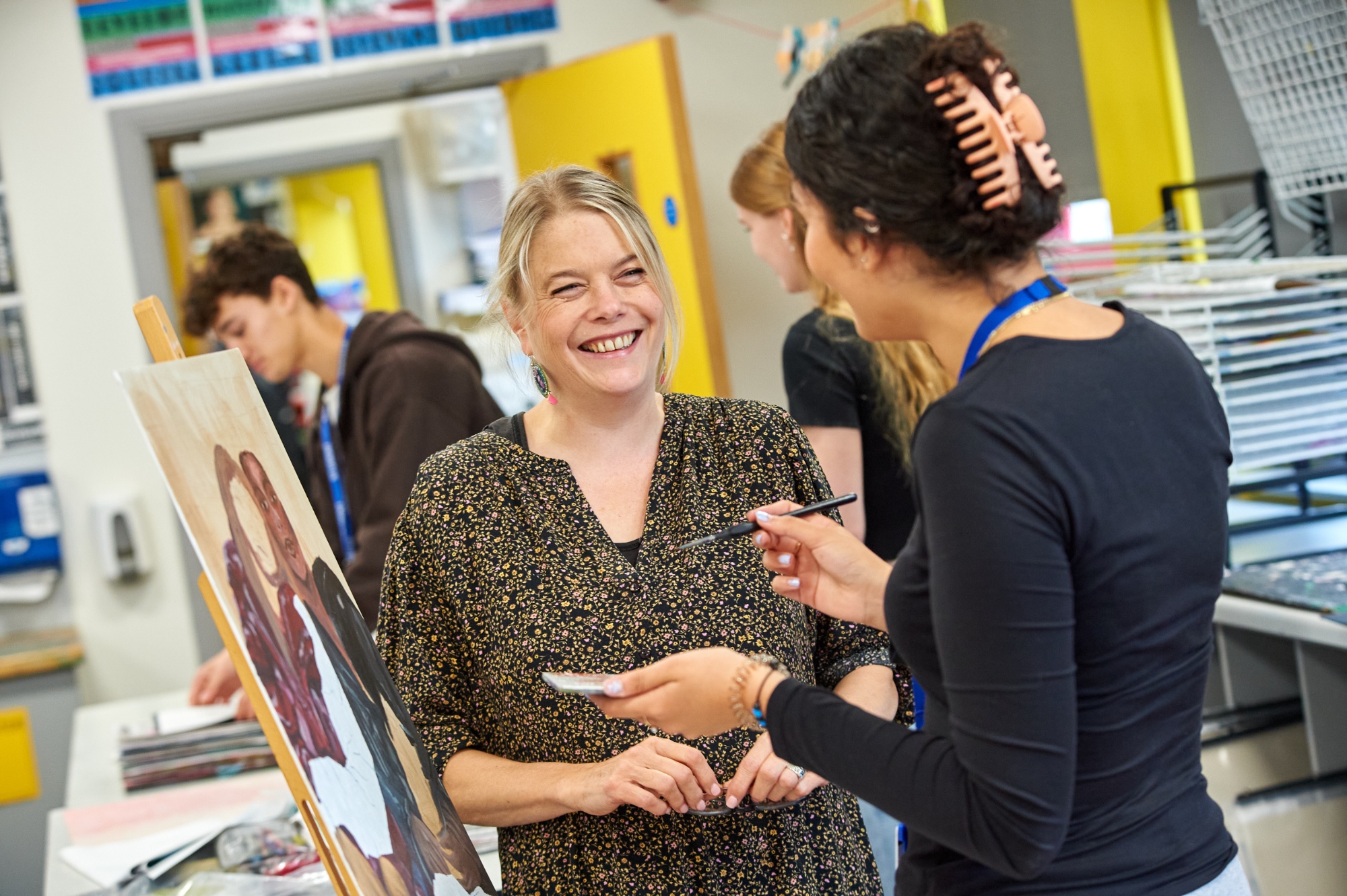Physical Education
 Mrs L Stoker-Boon
Mrs L Stoker-Boon
Head of Physical Education
THE TEAM
|
INTRODUCTION TO THE DEPARTMENT
Our vision for physical education and school sport is to engage and inspire all pupils. High quality teaching, learning and a diverse curriculum increases participation and encourages pupils to lead a healthy lifestyle, both physically and emotionally.
We aim to develop character, resilience and self-discipline in all sports and activities, whilst developing a sense of fairness and respect in all of our students. We encourage all our pupils to perform to their best in reaching their full potential, whilst developing a love for physical activity.
The extensive range of team and individual sports and activities we provide for students forms a vital part of our curriculum and life at St Peter’s school.
WHY STUDY PHYSICAL EDUCATION?
A Level Physical Education builds upon the GCSE material, allowing study of key topics and themes to a higher level. The course is designed to develop critical thinking and analytical skills through links to both their own and elite performance. The examined theoretical components provide the knowledge and understanding which underpins the non-exam assessment.
FUTURE ACADEMIC AND CAREER PATHWAYS
A Level Physical Education is an excellent foundation for a university degree in sports science, sports management, healthcare, or exercise health. Physical Education can also complement further study in Biology, Human Biology, Physics, Psychology, Nutrition, Sociology, Nursing and many more. It can present a range of career opportunities including sports development, sports coaching, physiotherapy, personal training, nutritionist, sports journalism or teaching. The transferable skills learnt through the study of Physical Education, such as reasoning and independent study are advantageous in any career path you choose to take.
COURSE CONTENT
Students will be studying the AQA Syllabus.
Year 12
Component 1: Applied Anatomy and Physiology
Component 2: Skill Acquisition
Component 3: Sport and Society – the History of Sport
Year 13
Component 1: Exercise Physiology and Biomechanics
Component 2: Sports Psychology
Component 3: Sport and Society – Modern Sport
ASSESSMENT
70% of the course is assessed theoretically in two exams.
30% of the course is practically assessed by examining the student’s ability to perform in one practical activity, and through a written response. This component requires students to analyse and evaluate weaknesses in their sporting performance, including an action plan to enhance future performance success.
EXTRACURRICULAR OPPORTUNITIES
• Competitive football, rugby and netball teams
• Leadership opportunities for grassroot sport
• Full enrichment activity programme
COURSE REQUIREMENTS
Minimum grade 6 GCSE in Science and grade 6 GCSE in PE. A passionate and committed approach to the subject and a drive to study beyond the curriculum.

